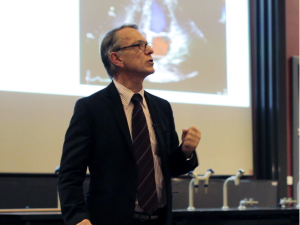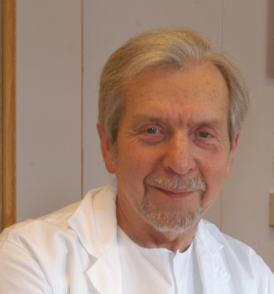About selenium status in the elderly, not much is known. Therefore, data from the recently published Newcastle 85+ study are of interest. The researchers assessed the selenium status of 85-year-olds living in the Northeast of England. They measured serum selenium concentrations, selenoprotein P (SELENOP) concentrations, and glutathione peroxidase 3 (GPx3) activity levels [Perri 2024 Mar].

In addition, the researchers studied the relationships between each of those three biomarkers of selenium status. They observed that there was a linear relationship between serum selenium and serum SELENOP concentrations. On the other hand, they found nonlinear relationships between serum selenium levels and GPx3 activity and between serum SELENOP levels and GPx3 activity [Perri 2024 Mar].






